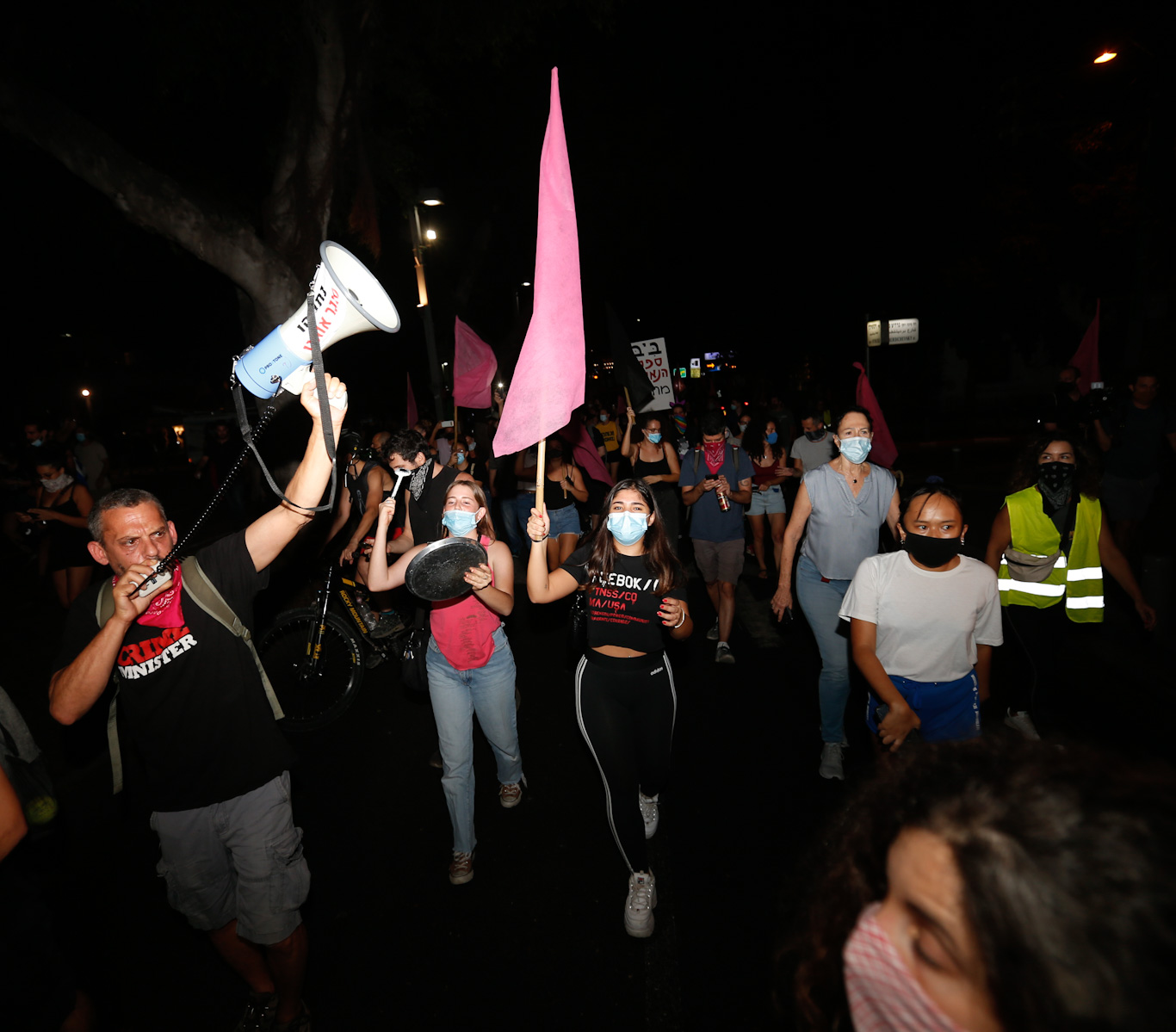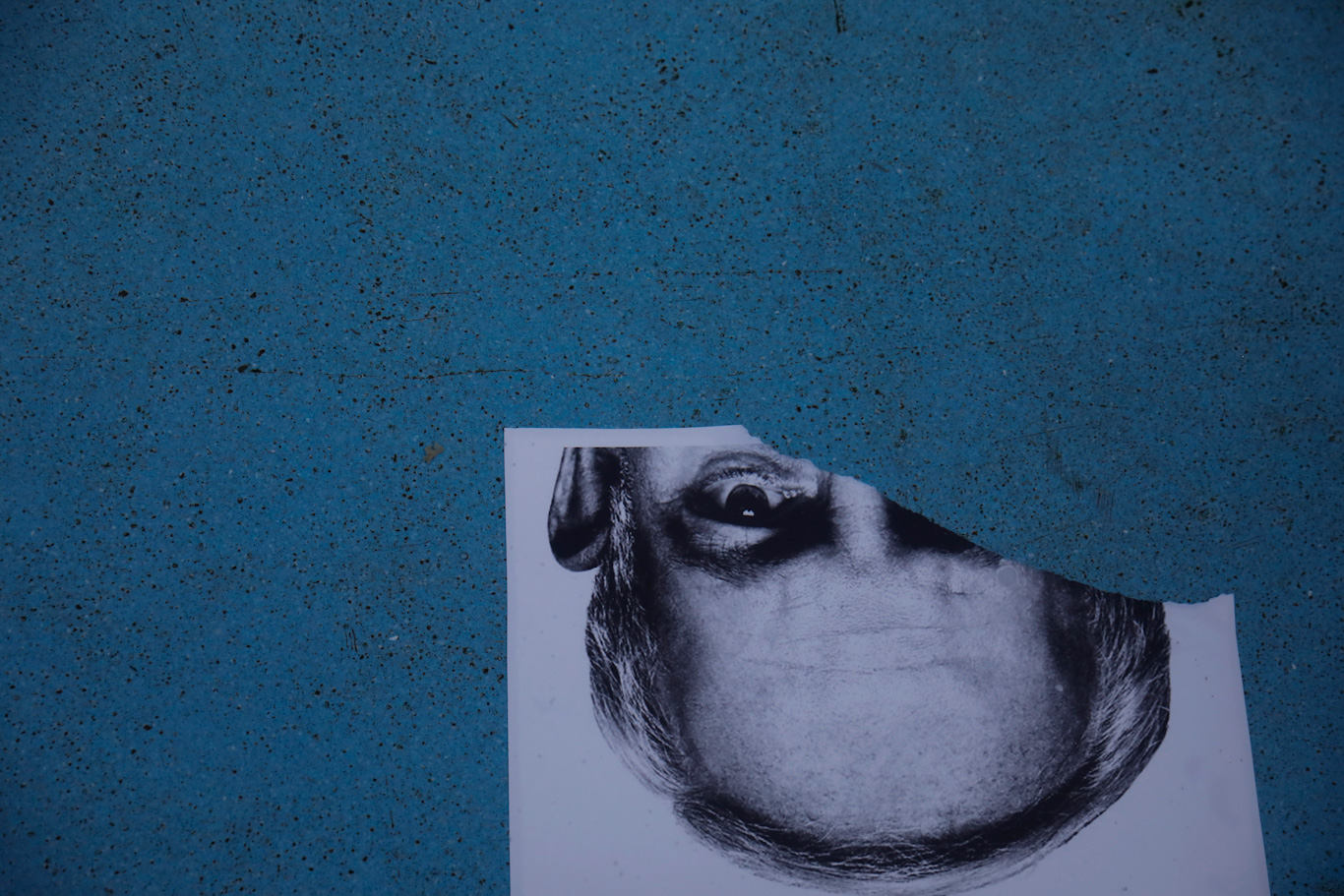Since November of 2019, Israelis have been protesting to demand the resignation of indicted Israeli Prime Minister Benjamin Netanyahu. Since the spring of 2020, these protests have escalated to the point where thousands of Israelis take to the streets every week to demand his resignation. However, Netanyahu, who has been in power for over a decade, will not budge.
Democracy?
A system where a politician can remain in power even after losing an election can hardly be called democratic. In Israel, however, this has happened several times in the past decade. Prime Minister Netanyahu lost the elections numerous times and through underhanded backroom horse-trading, was able to create coalitions that kept him in power.
During the last election, he created an upset that was probably the most impressive of them all. It was clear that the opposition block headed by former IDF chief General Benny Gantz had a solid majority. Yet even then, Netanyahu was able to get Gantz to capitulate at the last minute and allow him to lead the government with Ganz working for him as defense minister.
Since those fateful elections and the humiliating capitulation of retired IDF general Gantz, who, by the way, promised voters he would never serve in a government led by Netanyahu, Israelis have taken to the streets. Netanyahu’s indictment, paired with the huge impact of the coronavirus and the Israeli government’s inability to control the spread of the disease, has brought about civil unrest the likes of which Israel has never seen.
However, even though thousands are taking to the streets week after week, there has been little reporting on the protests in the United States and no impact on Netanyahu, who is protected by coalition agreements and a political reality that promises to keep him in the PM’s seat.
Protests throughout the country
The popular movement’s focal point has been a protest encampment across from the prime minister’s Jerusalem residence on Balfour Street. Israeli newspaper Haaretz reports that protesters have taken to the streets throughout the country. In one case, about 200 anti-Netanyahu protesters marched for eight days from the city of Kiryat Tivon in the north to the protest camp, “receiving upwards of 100 police tickets for violating public health along the way.”

Protesters march during a protest against Netanyahu in Tel Aviv, Oct. 6, 2020, during a nationwide lockdown. Ariel Schalit | AP
The government has tried to use emergency regulations to limit the protests, and the Israeli police have been using heavy-handed tactics against them to no avail. There are reports of arrests, tear gas, and even stun grenades being used against the protesters, who nevertheless violate the regulations and continue to march without permits.
Anti-Netanyahu demonstrators holding posters emblazoned with the slogans, “Crime Minister,” “Bibi Go!” and “We are the Hope” stand on one side of the street as pro-Netanyahu groups, far smaller, but louder and more prone to violence, stand on the other. Pro-Netanyahu groups are often heard shouting “traitors” and “You are not Jewish” to their counterparts on the other side of the street.
Violence directed at the Ultra-Orthodox
Hatred of Ultra-Orthodox Jewish communities, not to be confused with orthodox Zionist groups who practice an entirely different brand of Judaism, is commonplace among Israelis. Not unlike their counterparts in the U.S., they are more vulnerable to the coronavirus and have been hit hard by the disease. In many cases, they have been accused of not following safety guidelines.
Ultra-Orthodox Jews, by and large, reject the State of Israel and understandably distrust state institutions. Israel has been persecuting them from its very foundation, and the enmity between the government and Ultra-Orthodox communities has a long and violent history.
Enter COVID-19. The Ultra-Orthodox community rejects the internet, television, and any other form of communication that is not from within the community. Many still refuse to speak Hebrew and use only Yiddish. Socializing is a crucial part of their life, be it during study, prayer, family gatherings, or large community gatherings like weddings or other festivities.
The state, which for decades has been interfering with their chosen way of life in an attempt to secularize them and turn them into Zionist soldiers, now sends riot police into their homes, synagogues, and community gatherings, once again trying to deny them the right to gather, worship and celebrate. No effort has been made to reach out and provide them with the information they need to remain safe and clashes between the two sides are quite simply horrifying.
Protests have been erupting from within these communities and police are using all forms of brutality, including brutal beatings, tear gas, and water cannons to quell them. Protesters have even been run over by police vehicles. As expected, the Israeli government’s success in reducing the virus’s spread within this community has been dismal.
No budget
As hard as it may be to believe, and even though Israel has held three elections in less than two years, there is already talk of new elections.
The Israeli daily Maariv reports that Netanyahu is now blocking efforts to pass a budget, leaving government agencies with no idea what their budgets will be for 2021. Members of Netanyahu’s own coalition are rightfully nervous and demanding a budget for 2020-2021 be released. Netanyahu, on the other hand, is in no rush. He is stalling for as long as he can and prefers not to commit to a budget but instead to appropriate funds to his cronies based on their support. Furthermore, chaos is good for Netanyahu, and there are speculations that he wants to hold new elections soon and blame it on his partners in the coalition government.

A torn poster depicting Netanyahu lies at the bottom of a fountain during a protest in Tel Aviv, Oct. 8, 2020. Ariel Schalit | AP
The lack of ability to function by Israeli government institutions was already apparent before COVID-19. Now, government agencies are functioning even less, with health care and education in a state of collapse. Add to that the lack of financial stability, or even a financial plan, and, according to Maariv, Netanyahu has a good case to call for new elections.
If there is one thing that Netanyahu knows he can rely on, it is the support of the “Right Block.” This “Block” is made of West Bank settlers, “National Religious” parties, and other neofascists. They have a right-wing agenda and can rely on Netanyahu to respond to their every whim and wish. The Block openly calls for pushing Palestinians out of Palestine, destroying the Holy Sanctuary, and building a temple to replace the Al-Aqsa Mosque. It is an agenda that Netanyahu is happy to pursue. Indeed, one of his cabinet ministers, Rafi Peretz, Minister of Jerusalem Affairs, is part of the movement to build the “Third Temple.”
Perhaps it is needless to mention, but none of the Right Block’s supporters participate in the anti-Netanyahu protests. In fact, there is at least one group that consistently shows up to disrupt the demonstrations and engage in violence. This group, called “La Familia,” originated as fans of the Beitar-Jerusalem soccer team. Beitar has a reputation for cultivating violent right-wing gangs, and quite naturally, they are Netanyahu supporters.
It all leads to nothing
While mass movements may, from time to time, lead to real change, it is unlikely that will be the case in Israel. As in the United States where anti-Trump and anti-fascist protests lead to little immediate political change, the Israeli political system has created a protected zone in which Netanyahu’s place is secure.
Furthermore, demands (if one can call them that) made by anti-Netanyahu groups for him to resign are weak and have little political backing. Unlike the clear agenda set forth by neofascist Zionists and the religious-Zionist settlers, the so-called Israeli “center-left” has no clear agenda, no real principles, and no ability to bring about change. They are weak politically and lack the ability to outsmart the man who has shown time and time again that he is the greatest horse trader in the business, Benjamin Netanyahu.
Feature photo | Israeli protesters chant slogans during a protest against Israeli Prime Minister Benjamin Netanyahu In Jerusalem, Oct. 14, 2020. Sebastian Scheiner | AP
Miko Peled is an author and human rights activist born in Jerusalem. He is the author of “The General’s Son. Journey of an Israeli in Palestine,” and “Injustice, the Story of the Holy Land Foundation Five.”
The post This is Why Israel’s Mass Protest Movement Will Never Lead to Change appeared first on MintPress News.
